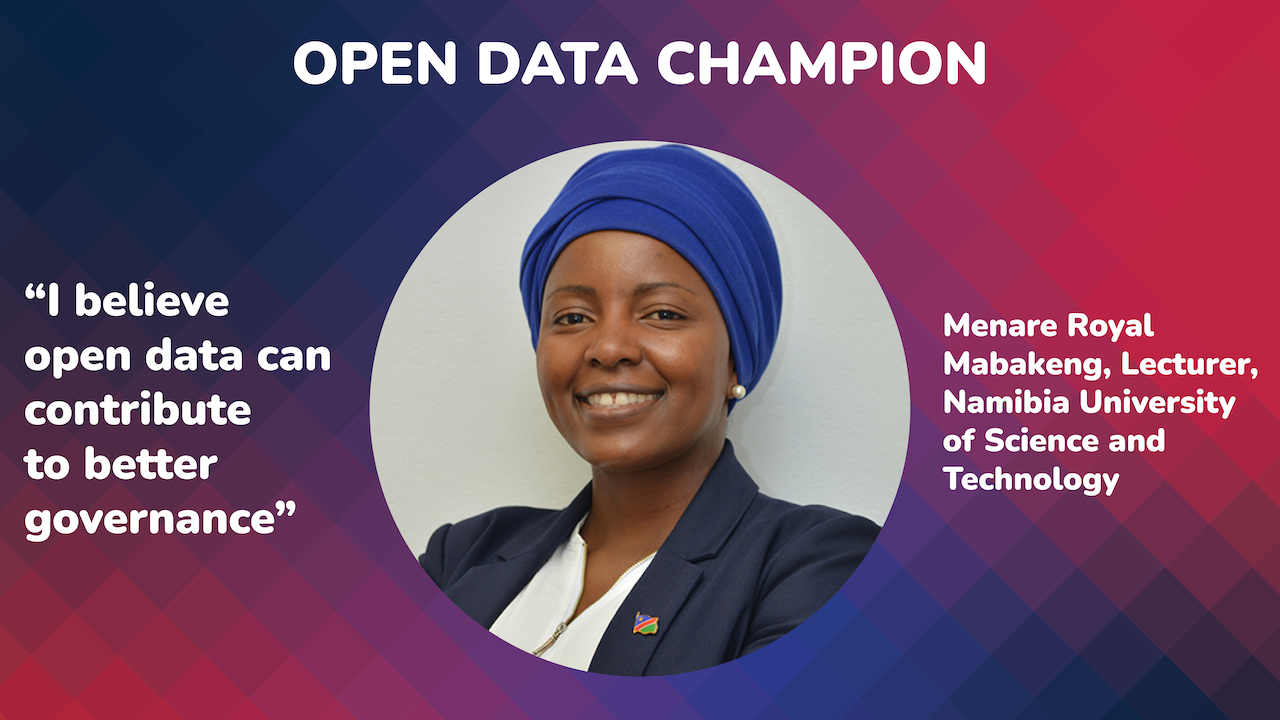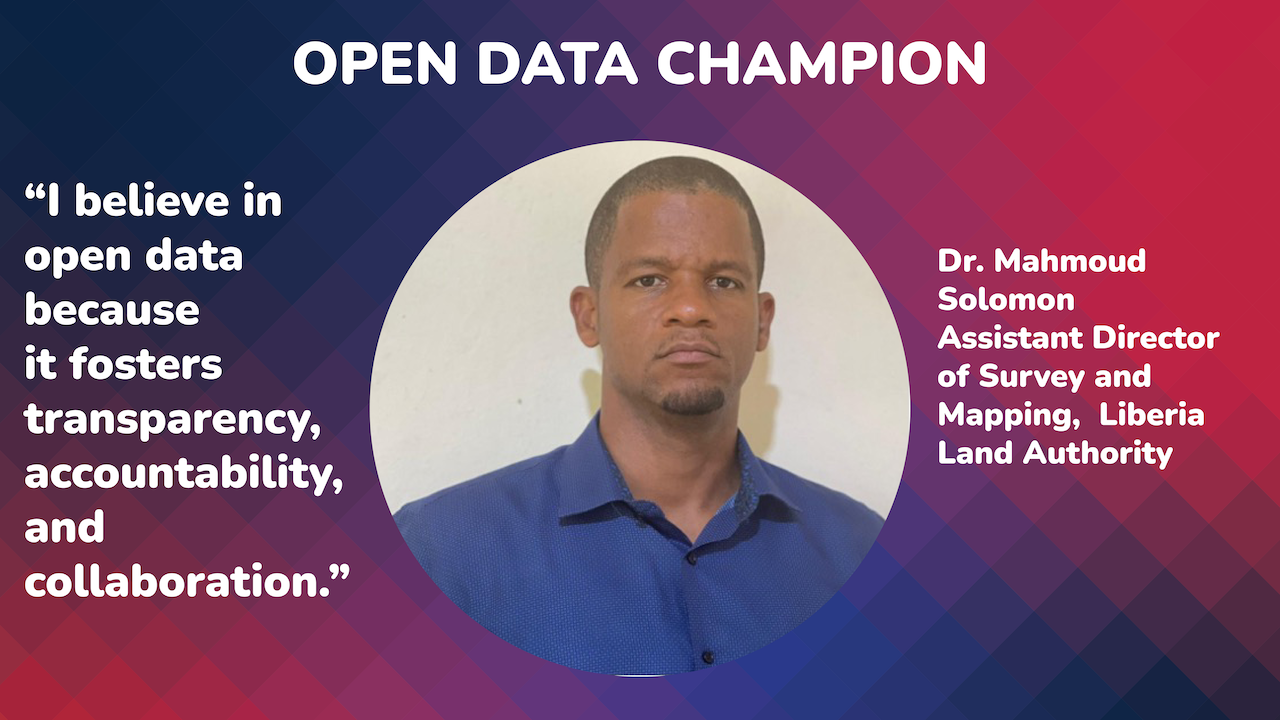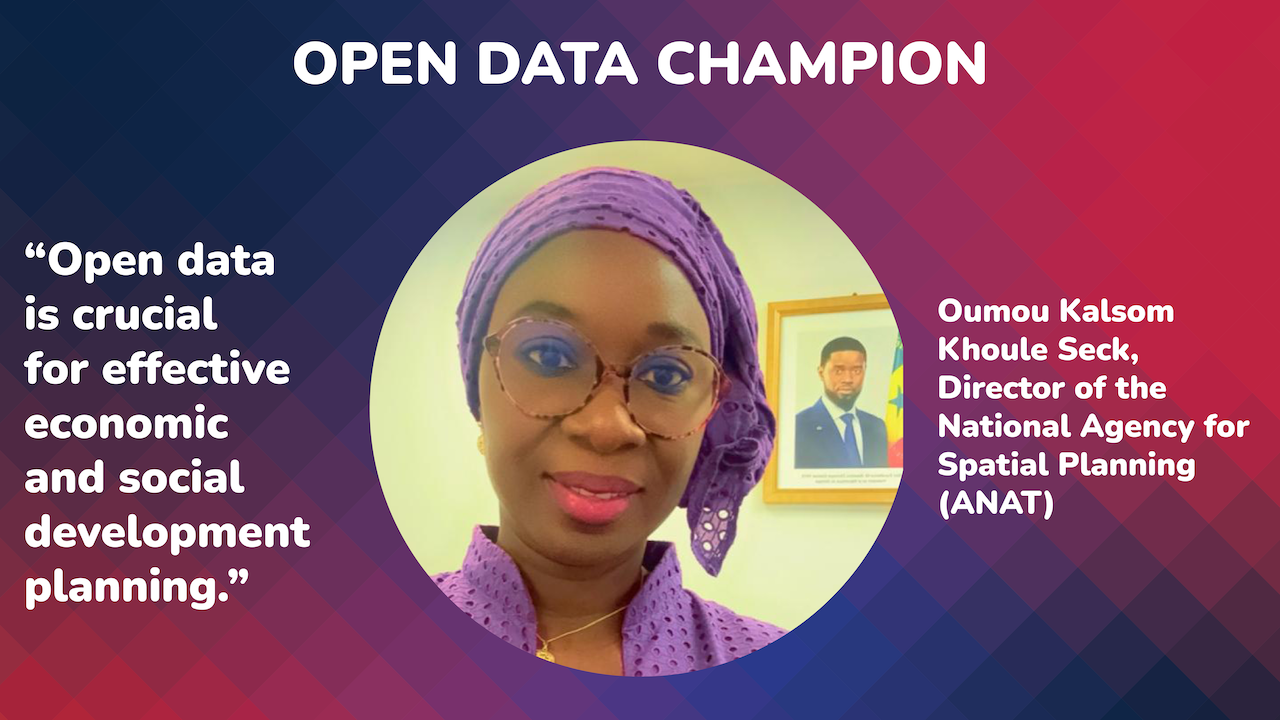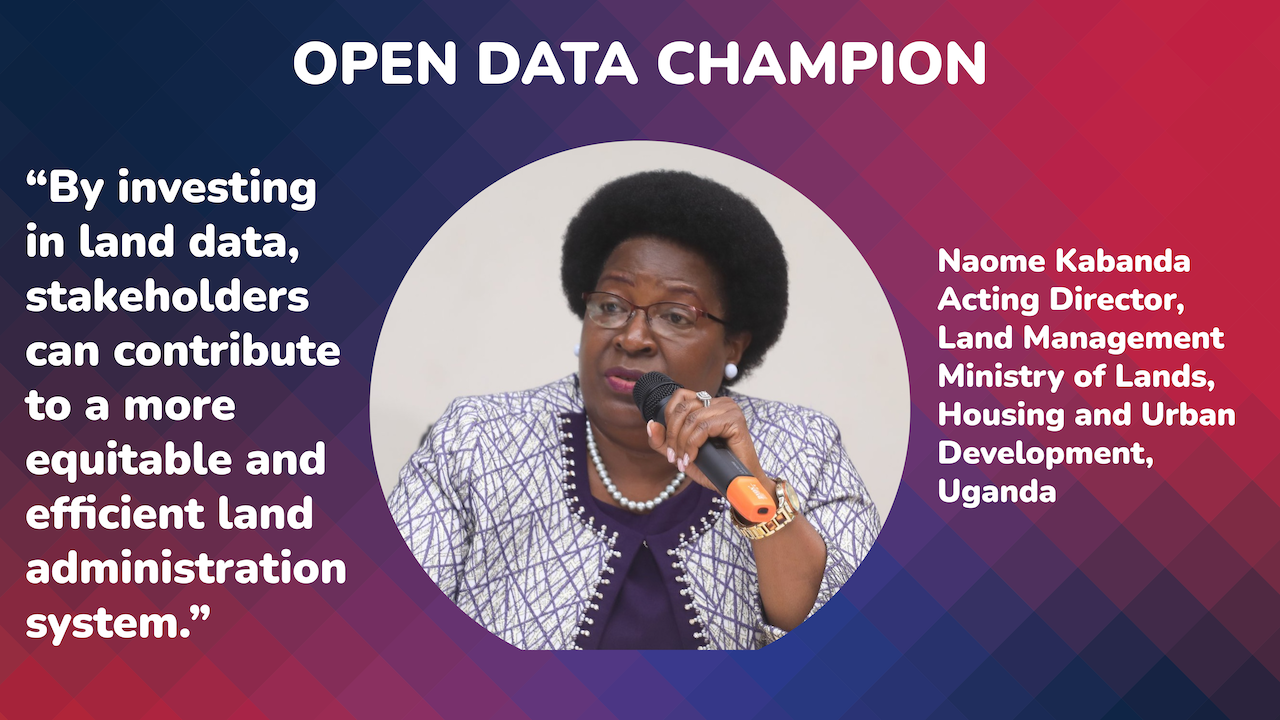Why should land stakeholders care about land data?
From an administrative standpoint, and crucially for my core research group focused on informatics and communities, land stakeholders should value data for its role in supporting planning and identifying development priorities for different communities.
For instance, increased data on informal settlement arrangements empowers local and national policymakers to address challenges based on evidence rather than assumptions, preventing misallocated budgets. Data alignment also optimizes government spending. Additionally, researchers can more effectively pinpoint priorities.
Overall, improved data availability enhances planning, prioritization, and research efficiency. For example, without accessible data, case studies become time-consuming and costly.
Finally, data-driven decision-making contributes to better governance. By providing insights into land use, climate change, and food insecurity, stakeholders can make informed decisions and foster a deeper understanding of prevailing conditions.
How did you get involved in open data, and what sparked your interest? What motivates you to believe in open data?
I initially became involved in data production through work with the Namibia Housing Action Group, a national NGO supporting the Shack Dwellers Federation. We collaborated with informal settlement communities to gather data on settlement boundaries, service locations, and socioeconomic conditions. This information is shared with local authorities to advocate for improved tenure arrangements and support informal settlement upgrading. My first experience with data production directly involved communities.
My interest in open data stemmed from my university research and involvement in the State of Land Information project for the Land Portal. I became committed to promoting open data availability in Namibia.
Open data's potential to enhance decision-making, increase transparency in land reform, and highlight community challenges motivates me. Accessible, free, and openly available data can support various processes, including the development of land information management systems, improved research, and government accountability.
Namibia's land reform implementation faces scrutiny, with questions about beneficiaries and program effectiveness. Open land distribution data would foster informed public debate about priorities, identify affected communities, and guide government resource allocation. Ultimately, I believe open data can contribute to better governance.
What is your vision for open data in the land sector, particularly in your country? Has this vision evolved over time?
My vision for open data in Namibia is to significantly improve online data availability. Currently, government institutions hold valuable data on valuation, land registration, and land parcels, but access is restricted. I envision readily available, up-to-date land data accessible to anyone online.
The Namibia Statistics Agency has made progress through its National Spatial Data Infrastructure platform, but data is outdated. My goal is timely, downloadable land data. This vision has evolved with the development of the Ministry of Urban and Rural Development's housing information system, supported by the Namibia Statistics Agency. This system will include data on informal settlements, rural and freehold land tenure, and will hopefully become publicly accessible in the near future.
I believe this vision is achievable given Namibia's advancing open access, data protection, and privacy legislation. While overall progress is encouraging, the land sector needs to catch up.
Can you highlight your greatest achievement in the open data sector to date?
My most significant achievement involves collaborating with diverse stakeholders during the data collection phase of the State of Land Information Analysis project for the Land Portal. This experience provided invaluable insights into data management practices and highlighted the role of academic institutions in supporting data accessibility. Through this process, I developed a clear understanding of the steps necessary to improve data availability.
To raise awareness about open land data, I incorporated open data principles into our curriculum. This initiative has sparked discussions within our department and with external stakeholders about the importance of open data and the actions required by land institutions to make data publicly accessible.
While I believe there's substantial room for improvement in overall data access nationwide, my contributions have focused on raising awareness and integrating open data principles into our curriculum.
What are the major challenges you see in creating an open data system in your country or globally?
Major challenges in creating open data systems include institutional reluctance to share data publicly and the associated costs. For instance, while Namibia's Ministry of Agriculture has a policy hinting at open government data, its land directory charges fees for parcel data, contradicting the policy.
Limited funding is another obstacle. Open data systems require infrastructure and skilled personnel for data maintenance and updates. Namibia's Ministry of Land faces this challenge as it transitions from manual to digital land registration.
Increasing awareness of open data benefits is crucial to address concerns about security and privacy. Education can dispel these fears by emphasizing data anonymization and security measures.
In summary, the main hurdles are institutional resistance, financial constraints, and a lack of public understanding about open data's advantages and security protocols.
How have you addressed these challenges in your work?
To address these challenges, the land sector, particularly from an academic perspective, should enhance collaboration with information technology departments. Open dialogue about data privacy and protection with IT experts is crucial.
Often, when faced with new challenges, sectors tend to internalize problem-solving, rather than seeking external expertise. For instance, as a land sector expert focused on information systems, I might attempt to address data privacy concerns related to cloud storage independently. Instead, we should prioritize bringing in experts from other fields to provide their specialized knowledge.
Strengthening interdisciplinary collaboration is key to overcoming technical hurdles in open data. Engaging political scientists can help address broader concerns and fears. The increasing emphasis on interdisciplinary approaches presents an opportunity to identify synergies across sectors.
Our department aims to identify potential partners in other faculties and engage in collaborative research to address challenges beyond our core expertise.
What specific activities have you implemented to raise the profile of open land data?
One initial strategy involved contributing to public opinion pieces to raise awareness of our department's work. I authored a couple of articles emphasizing open data's role in land administration. Additionally, I've consistently promoted open data within our curriculum, particularly in our Information Systems Law course, which aligns well with open data principles.
We're currently revising our curriculum to further integrate open data principles into multiple courses. This approach will equip our graduates with the knowledge to advocate for open data in their future roles and identify opportunities for improvement within their organizations. In essence, we aim to cultivate a new generation of change agents who can drive open data adoption on a national scale.
How do you engage and inspire others to support open data practices?
I currently support open data for the Humanitarian OpenStreetMap. We work with young people in informal settlements to add data to the OpenStreetMap layer. Our engagement involves updating the digital map of Namibia online based on specific area requests or personal projects. Since 2021, we've focused on updating building footprints in informal settlements nationwide and adding data points for water, sanitation, toilets, streetlights, roads, and streets. This is the first step toward making data on informal settlements freely and openly available online.
The second step addresses the issue of outdated satellite images. We've collaborated with NASA's Department of Geomatics to capture drone images of the settlements we work in. Unlike many consultants who keep such images private, we've made ours publicly accessible on OpenAerial.
Beyond mapping, I participate in workshops and discussions to emphasize the importance of open data. I've presented our OpenStreetMap work to raise awareness of available data. I see great potential for practitioners planning upgrades in these areas and researchers studying informal settlements to benefit from this open data.
I'm also working to engage civil society organizations in sharing their drone images online. This can accelerate project delivery and reduce costs for partners. While we've invested in drone image acquisition, we believe wider access outweighs the initial costs.
To promote open data practices, I engage with land sector stakeholders, advocating for the benefits of open and freely available data. I participate in discussions on designing new land information systems, promoting open data principles and open-source software to reduce costs. Despite resistance to open-source GIS tools, I remain a strong advocate.
About Menare Royal Mabakeng
Menare Royal Mabakeng is a lecturer in Land Administration at Namibia University of Science and Technology, pursuing a PhD in Spatial Sciences. Her research focuses on using open land data to improve tenure security and support participatory informal settlement upgrading, particularly for women and youth. She also teaches courses on Land Administration, Policy, and Project Management.




